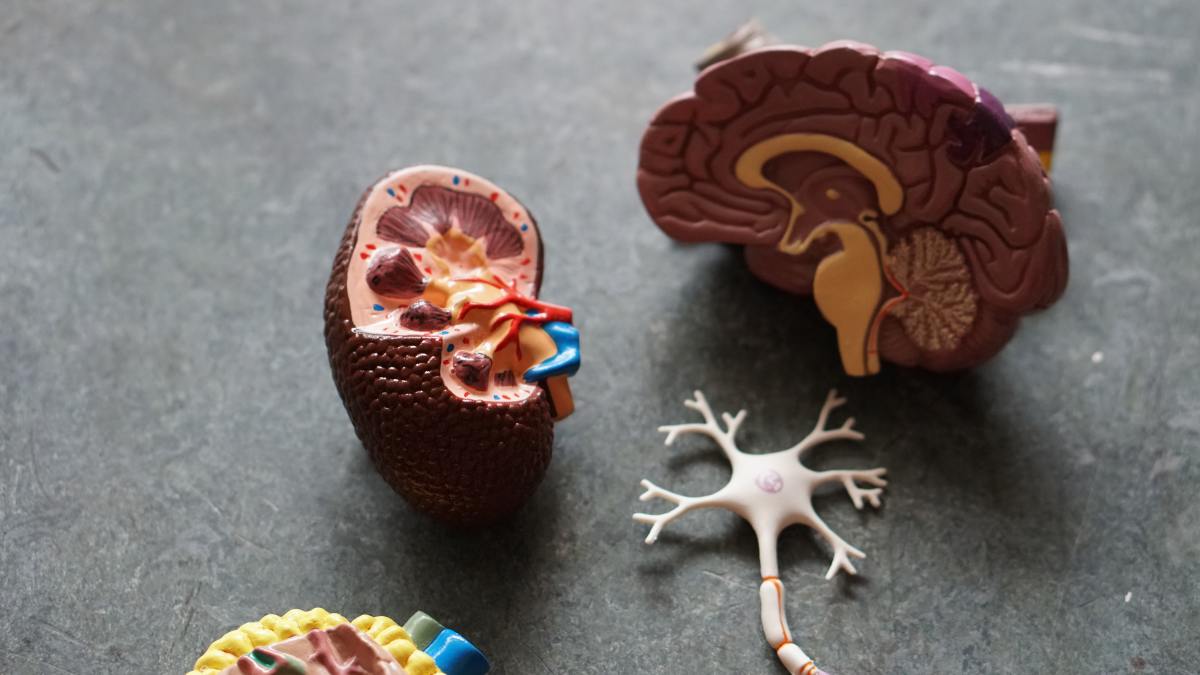 83
83- 0
Stress Granules Role in Alzheimer’s and Other Neurodegenerative Diseases: Prevention and Therapy
In recent years, it has emerged from different studies that stress granules (SGs) are involved in the packaging of folded proteins. The scientists have wondered if stress granules could be the answer to the need for more innovative and effective therapies for neurodegenerative diseases.
- 0
Antimicrobial Drug Resistance: An Urgent Public Global Health Problem
In recent years, antibiotic resistance has increased dramatically, negatively impacting public health. Treatment approaches must be much more specific. Measures that limit antibiotic use in all human and veterinary applications are necessary to limit the development of new resistant species.
- 0
Cancer Neuroscience: A New Frontier Of Specialistic Medicine
The discovery that the nervous system drives the progression and malignancy of several types of cancer has opened the way to a revolutionary branch of medicine called “Cancer Neuroscience”. How could this change therapy in the future?
- 0
Retinal Modifications and Neurodegenerative Diseases Prediction
The eye has long been considered by cultural tradition as the “soul mirror” because it reflects the body's deepest signals to the brain. Recent scientific research seems to confirm that the eyes can serve as a mirror for neurodegenerative diseases' early prediction.
- 0
Leqembi Is the Name of the Latest Approved Treatment for Alzheimer’s Disease
On January 6, 2023, the Food and Drug American Agency (FDA) approved LEQEMBI for the treatment of Alzheimer’s disease. It belongs to the monoclonal antibody family and binds ß-amyloid fibres by disaggregating them.
- 0
Alzheimer’s Disease, Body Fluid Biomarkers, and Prevention Medicine
Recent studies suggest a new revolutionary approach in detecting primitive stages of Alzheimer's disease through the identification of specific biomarkers many years before clinical signs are evident. Let's take a closer look.
- 0
Alzheimer’s Treatment: New Frontiers From Algal Products
Sodium oligomannate, a natural product derived from brown seaweed, is the first new compound approved for the treatment of Alzheimer's disease since 2003. Can a simple sugar be a new cure for patients? This article will give you some hints.






